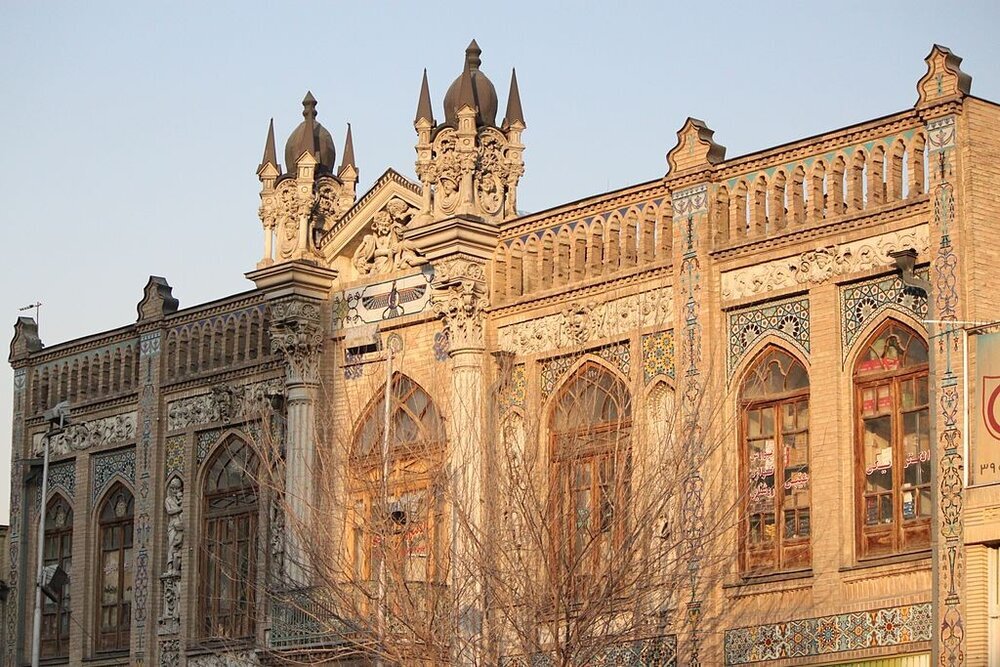Authorities consider launching museum dedicated to Tehran

TEHRAN – The Ministry of Cultural Heritage, Tourism, and Handicrafts seeks to launch a special museum dedicated to Tehran province.
On Monday, the deputy tourism minister Ali Darabi underlined that Tehran needs a special museum to especially depict its rich history and heritage.
Darabi made the remarks during a meeting with Tehran’s mayor Alireza Zakani, adding “Helping to promote museums and historical sites is part of a work that the municipality can do to help the Ministry of Heritage, Culture, Tourism, and Handicrafts.”
The majority of native archaeologists were used to associate the earliest settlements in Tehran with the time of Safavids who ruled the country from 1501–1736. In 2015, experts reconstructed the face of the 7,000-year-old remains to reveal Tehran’s oldest known resident for the first time. Researchers scanned specific points on the woman’s skull as well as using data from modern faces to generate the likeness, which one expert believes is 95 percent accurate. According to their reconstruction, she had a strong rounded chin, large lips, and black hair.
Iran is home to one of the world’s oldest continuous major civilizations, embracing settlements dating back to 4000 BC. It also hosts some of the world’s oldest cultural monuments including bazaars, museums, mosques, bridges, bathhouses, madrasas, gardens, rich natural, rural landscapes as well as 26 UNESCO World Heritage sites.
The name of Iran, formerly known as Persia, mostly conjures up the first Persian Empire, ruled by the Achaemenids (ca. 550 – 330 BC) and sites such as Pasargadae and Persepolis. However, there are tens of prehistorical sites as the Burnt City in Sistan-Baluchestan, Tepe Sialk in Kashan, Susa, and Tchogha Zanbil in the Khuzestan province, and Ecbatana in Hamedan which predate the Achaemenid period.
From a wider point of view, Iranian history can be divided into Pre-Islamic and Islamic eras. The Medes unified Iran as a nation and empire in 625 BC. The Islamic conquest of Persia (633–656) that put an end to the mighty Sassanid Empire (224–651) was a turning point in the history of the nation.
AFM
Leave a Comment